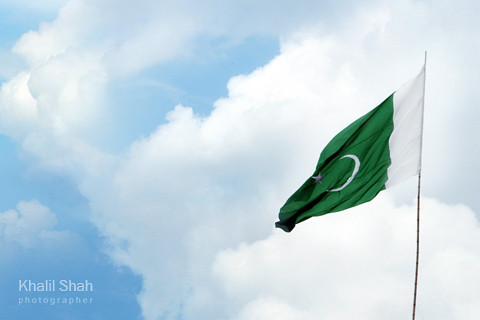In a dramatic development, Pakistan’s Supreme Court has announced its intention to address allegations of interference by the country’s intelligence agencies in judicial affairs, following a scathing letter by six high court judges. This move, amidst widespread public outcry, signals a potential watershed moment in Pakistan’s civil-military dynamics.
Background: The genesis of this controversy lies in the longstanding tension between Pakistan’s judiciary and its influential military establishment. On March 26, six judges from the Islamabad High Court (IHC) penned a letter to the Supreme Judicial Council (SJC), alleging “brazen meddling” by the Inter-Services Intelligence (ISI) in judicial matters. This unprecedented step laid bare the judiciary’s concerns regarding the military’s sway over legal proceedings.
Key Allegations: The judges outlined instances of alleged interference, including surveillance within judges’ homes and the abduction and torture of their relatives. These revelations, indicative of systemic attempts to influence judicial outcomes, sent shockwaves through the legal fraternity.
Response and Implications: The government’s response, including the appointment of a commission to investigate the allegations, has been met with skepticism. Calls for the Supreme Court to intervene directly led to the establishment of a seven-member bench to hear the case. The outcome of this legal battle holds significant implications for judicial independence and public trust in the legal system.
Historical Context: Past tensions between the judiciary and the military, exemplified by the removal of former IHC Justice Shaukat Aziz Siddiqui, underscore the challenges faced by judges in maintaining independence. The repercussions of confronting the military’s influence, as evidenced by Siddiqui’s case, loom large over the current scenario.
Public Response and Political Maneuvering: Reactions have been divided along party lines, with the Pakistan Tehreek-e-Insaf (PTI) calling for an increase in the number of judges hearing the case. Chief Justice of Pakistan Qazi Faez Isa has unequivocally denounced executive meddling in judicial affairs.
What’s Next: The question arises whether this development will catalyze a movement akin to the 2007-08 lawyers’ movement. However, pundits suggest that transformative change may not be imminent, as the struggle against entrenched power structures is likely to be protracted and multifaceted.
In conclusion, Pakistan stands at a crossroads as its judiciary confronts allegations of military interference. The outcome of this confrontation could reshape the country’s civil-military dynamics and have far-reaching implications for its democratic institutions.

























































